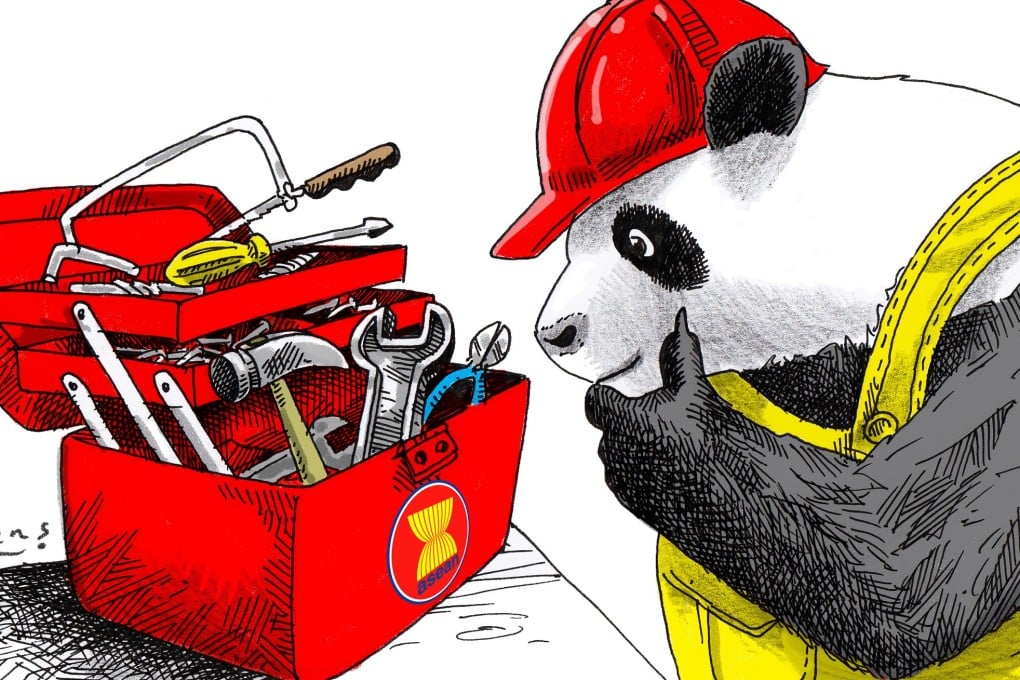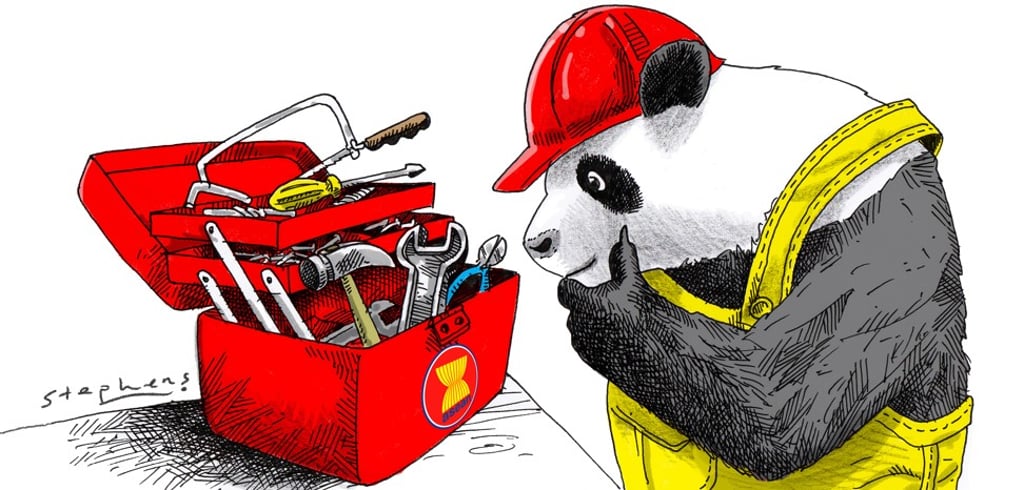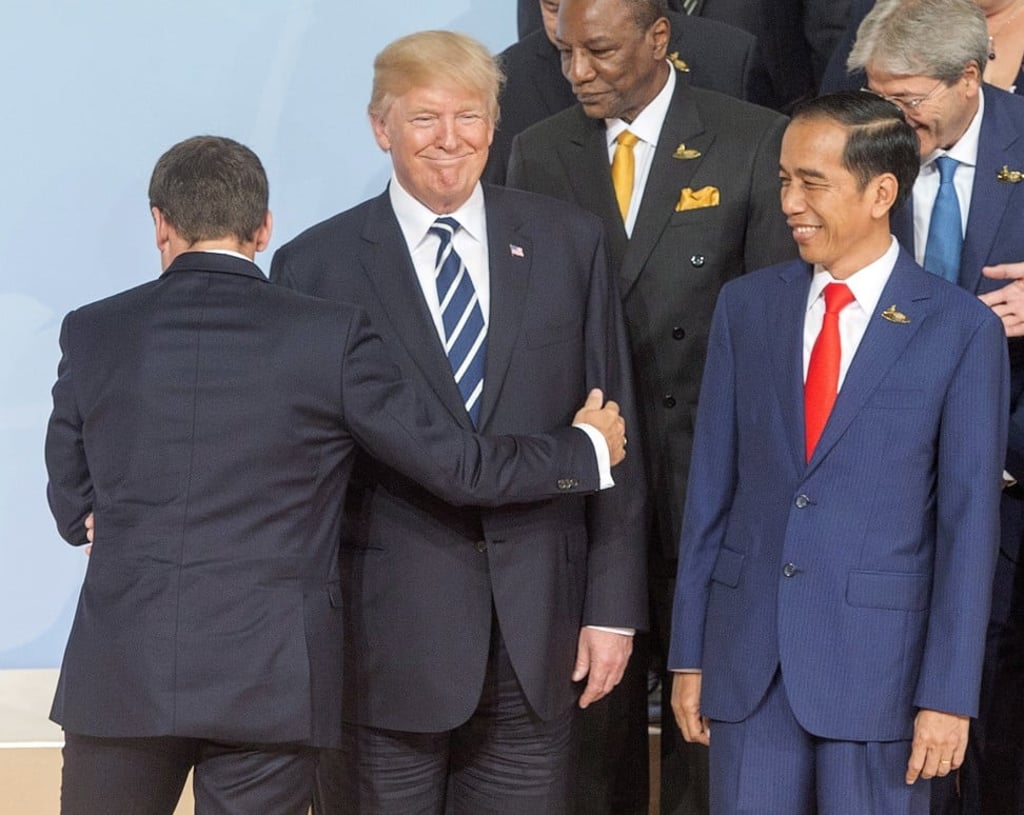Why China and the US cannot afford to ignore Asean
Tom Plate says neither great power can afford geopolitical myopia, if China seeks stability in the neighbourhood and America wants to ensure that ignorance does not lead to greater distance with the region


Trust me: my suntan-lotion caricature is only a slight libel on America’s grasp of global reality. Save rare exceptions – late diplomat Richard Holbrooke and former US secretary of state Colin Powell come to mind – even foreign-policy potentates tend to psychologically lock their gaze across the Atlantic, in the fashion of France’s famously narrow-minded Maginot Line. Even our vaunted pivot to Asia turned into little more than a China pit-stop.

Big power snubs and missteps in Southeast Asian diplomacy are recounted with professional polish – and a splash of relish – by Kishore Mahbubani in The Asean Miracle (his latest, written with diplomat/writer Jeffrey Sng). The book lays out almost everything important about the current state of Southeast Asia, especially a well-documented portrait of major-power geopolitical myopia, in China but especially in the US, even in the supposedly well-informed academic community: “Many American social scientists on Southeast Asia who seem to rely primarily on New York Times press clippings for raw information on the region,” they write, “do not really know well the societies of Southeast Asia.”
Smaller Asian nations are seeking recalibration ... in this roiling era of a rising China and a flatlining America